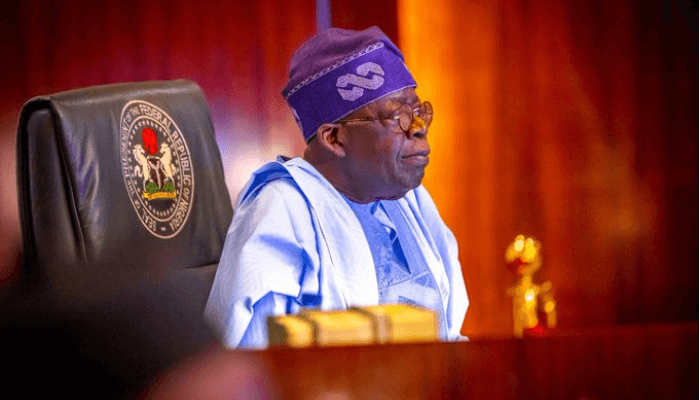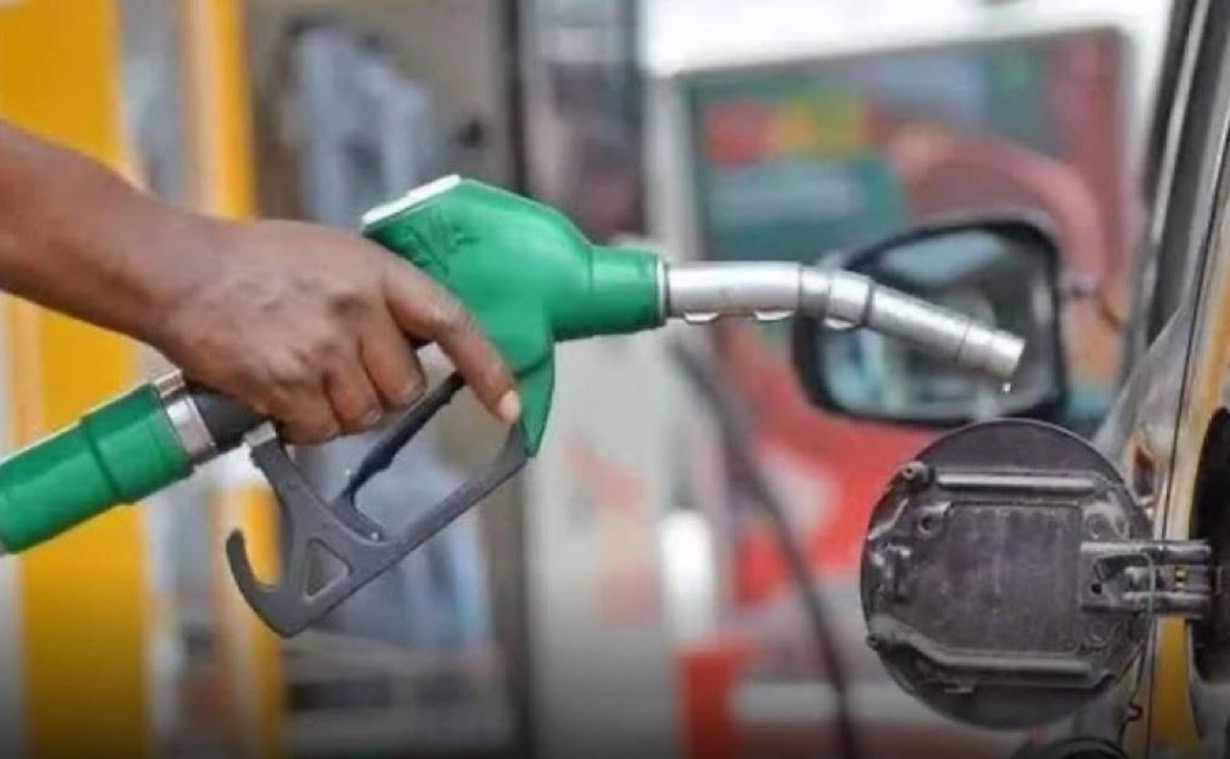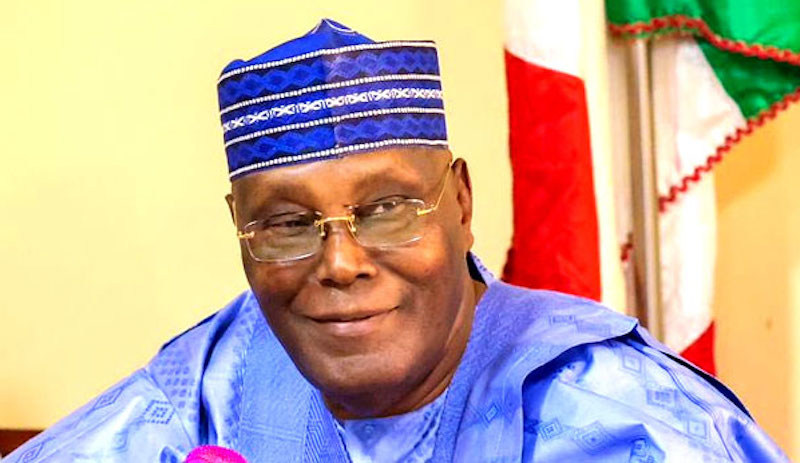President Says Difficult Choices Were Necessary to Secure the Nation’s Future
Abuja, Nigeria – March 14, 2025 – President Bola Ahmed Tinubu has defended his administration’s bold economic reforms, stating that without urgent intervention, Nigeria would have faced bankruptcy.
Speaking on Thursday at the State House in Abuja, Tinubu addressed a delegation of his former National Assembly colleagues from the aborted Third Republic—a period during which he served as Senator representing Lagos West.
During the meeting, the president outlined the economic and social challenges his government inherited and how his administration has been working to reverse Nigeria’s downward economic spiral.
“We faced serious headwinds when I took over—very challenging times. Nigeria would have been bankrupt if we had not taken the actions that we took. We had to prevent the economy from collapsing.”
He reassured Nigerians that despite the short-term pains of economic policies, there is light at the end of the tunnel, citing signs of stabilization in foreign exchange rates and declining food prices.
Nigeria’s Economic Crisis: Spending Beyond Our Means for 50 Years
President Tinubu emphasized that Nigeria had been spending money it didn’t have for decades, warning that previous governments failed to address unsustainable financial practices.
“For 50 years, we were spending the money of generations yet unborn and servicing the West Coast of the subregion with fuel. It was becoming increasingly difficult to plan for the future of our children,” he explained.
This statement refers to Nigeria’s decades-long fuel subsidy policy, which resulted in billions of dollars in losses while heavily subsidizing fuel for neighboring countries.
Why Tinubu Removed Fuel Subsidies
The fuel subsidy had become a drain on national resources, costing the government over $10 billion annually.
Most of the subsidized fuel was being smuggled to neighboring West African countries, where it was sold at higher prices.
Subsidy removal was necessary to free up funds for infrastructure, healthcare, and education.
The Impact of Fuel Subsidy Removal
✅ Increased government revenue for national development projects
✅ Reduction in wasteful spending and corruption
✅ Encouragement of private-sector investments in the energy sector
However, the policy also led to an initial spike in fuel prices, which contributed to a higher cost of living for many Nigerians.
Tackling Inflation and the Exchange Rate Crisis
President Tinubu acknowledged that his economic policies initially caused hardships, but he reassured Nigerians that the worst was over.
“Today, we are sitting pretty on a good foundation. We have reversed the problem. The exchange rate is stabilizing, and food prices are coming down, especially during Ramadan,” he said.
Key Economic Reforms and Their Impact
📉 Exchange Rate Stabilization – The Central Bank has introduced policies to restore confidence in the naira, leading to a more stable exchange rate.
🥘 Food Price Reduction – Government interventions in agriculture and supply chains are helping to bring down food costs.
📈 Boosting Investments – New economic policies are attracting foreign and local investments, creating job opportunities.
Democracy: The Key to Nigeria’s Economic and Political Stability
President Tinubu also used the opportunity to emphasize his belief that democracy remains the best pathway to economic progress.
“I am happy that you are holding on to your belief in democracy. I thank you for keeping faith and remembering how we started. Some people missed the ball. Some leadership failed, but we kept the faith with our democratic beliefs and freedom.”
Tinubu reminded his visitors that his journey to Nigeria’s highest office was made possible by democracy, and he pledged to uphold the principles of good governance and economic prosperity.
The Road Ahead: What Nigerians Should Expect
While Tinubu’s economic reforms have sparked debates and protests, his administration remains committed to long-term economic stability and national development.
What Nigerians Can Expect Moving Forward
✅ More Job Opportunities – Economic reforms are designed to stimulate businesses and attract investments, creating jobs across multiple sectors.
✅ Lower Inflation – As food and fuel prices stabilize, the cost of living is expected to gradually improve.
✅ Massive Infrastructure Development – The government has promised major projects in transportation, energy, and technology.
✅ Strengthened Social Programs – More funding will be directed toward healthcare, education, and poverty alleviation programs.
Tinubu’s Call for Patience and Unity
Despite the initial hardships, Tinubu is urging Nigerians to remain patient, assuring them that the foundation for a stronger, more prosperous economy is being laid.
“We will have light at the end of the tunnel.”
As Nigeria navigates economic transformation, the big question remains: Will these bold reforms deliver the long-term prosperity that Nigerians have been promised?
Only time will tell.
















Got a Questions?
Find us on Socials or Contact us and we’ll get back to you as soon as possible.